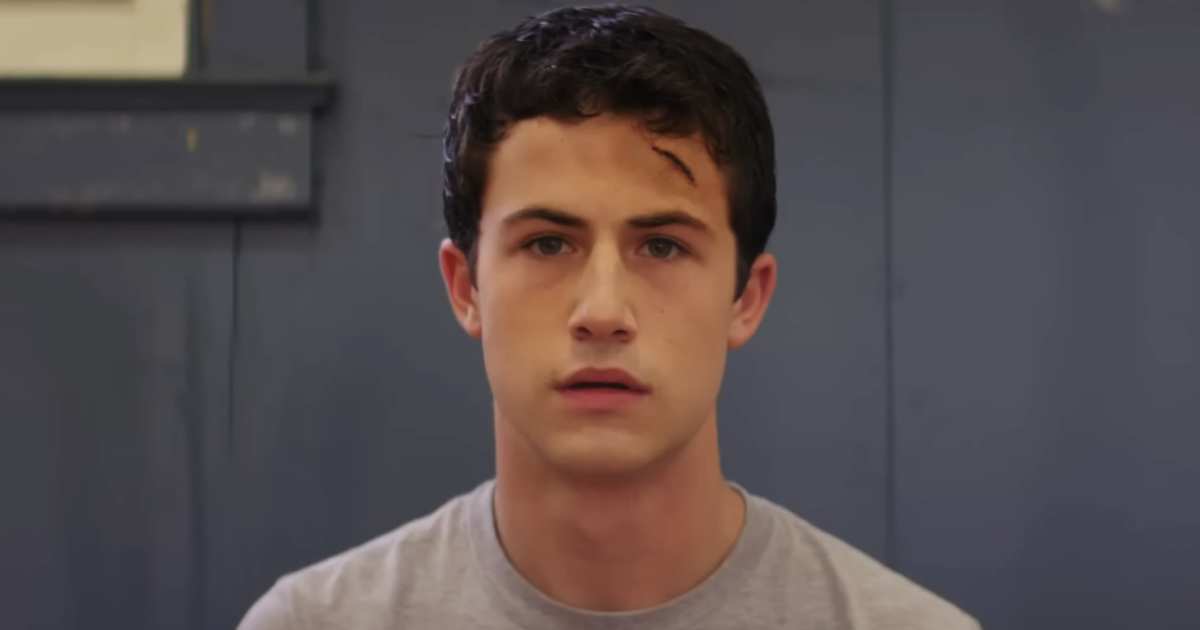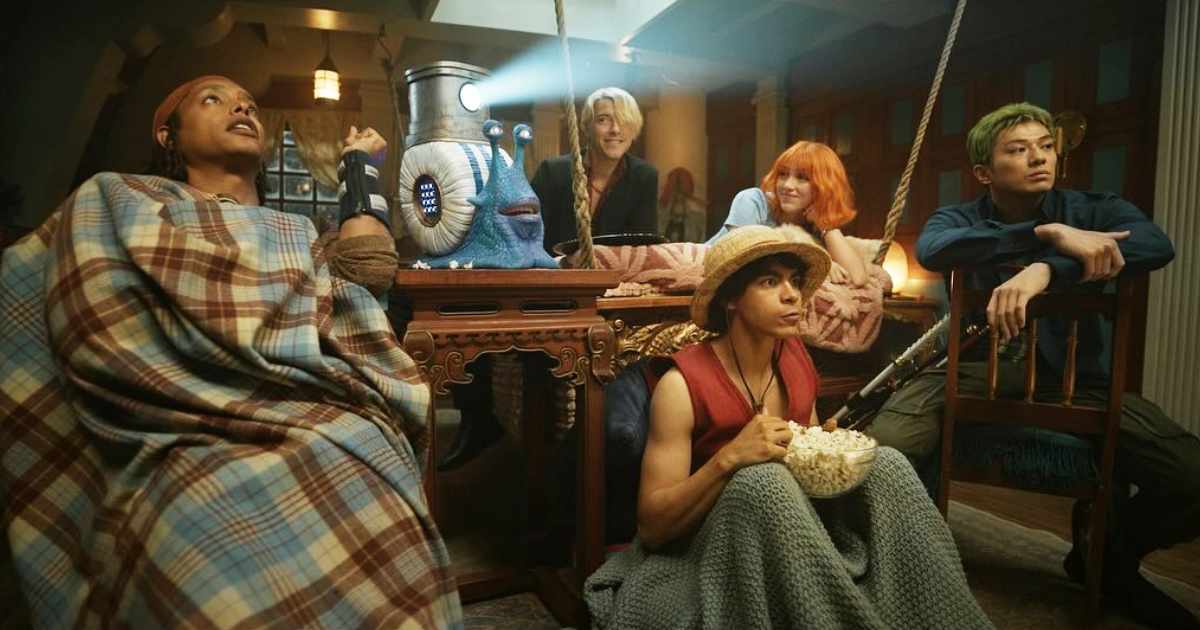
I didn’t expect a teen drama to hit me square in the chest. But then 13 Reasons Why happened, and Clay Jensen (played by Dylan Minnette), with all his unraveling and inner chaos, felt like someone had opened my brain and projected it onto a Netflix screen.
From the first season, the show was wrapped in controversy. Suicide, bullying, trauma—it dove headfirst into tough conversations that most high school dramas danced around. But for me, it wasn’t the plot twists or shocking tapes that stuck. It was Clay, a seemingly quiet, thoughtful kid, who slowly cracked under the weight of guilt, fear, and unanswered questions. His mental health arc felt uncomfortably close to home.
13 Reasons Why Didn’t Always Get It Right, But Clay’s Mental Health Journey Made Me Feel Seen
By Season 2, Clay wasn’t just grieving Hannah’s death, he was spiraling. I watched him hallucinate her, argue with her ghost, and question his sanity. Some viewers called it dramatic. I didn’t. I saw someone who, like me, tried to hold it all together while falling apart on the inside. The way he dissociated during intense moments, or kept pretending he was okay even when he clearly wasn’t, it was too familiar.
Trending
In Season 4, when Clay’s panic attacks took center stage, I found myself short of breath along with him. His therapist scenes didn’t feel scripted. They felt necessary. A lifeline for viewers who maybe didn’t have someone to say, “Hey, this isn’t normal. You deserve help.”
13 Reasons Why made plenty of missteps. It sensationalized some issues and fumbled others. But when it came to Clay’s mental health, it gave space to something that rarely gets screen time: male vulnerability. His character peeled back the tough-guy layer and showed how fragile teenage minds can be under constant pressure. And as someone who’s navigated that same storm, keeping my anxiety hidden, overthinking every interaction, second-guessing my sanity, I felt seen.
When Clay Cracked, TV Finally Got Real
After 13 Reasons Why, more shows started getting braver. More open. But back then, Clay’s breakdowns weren’t just plot points. They were a wake-up call. And they reminded me how powerful it is when entertainment chooses empathy over easy storytelling. We need more stories like Clay’s. Messy, raw, imperfect, but honest. Because if just one person watched him fall apart and realized they weren’t alone, then all the discomfort it stirred up was worth it.
Advertisement
For more such stories, check out TV updates!
Must Read: Will The Last Of Us Season 3 Be The Franchise’s Most Emotional Chapter Yet? Here’s What We Think
Follow Us: Facebook | Instagram | Twitter | YouTube | Google News
















